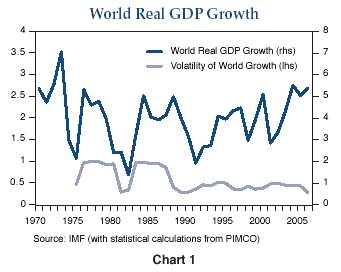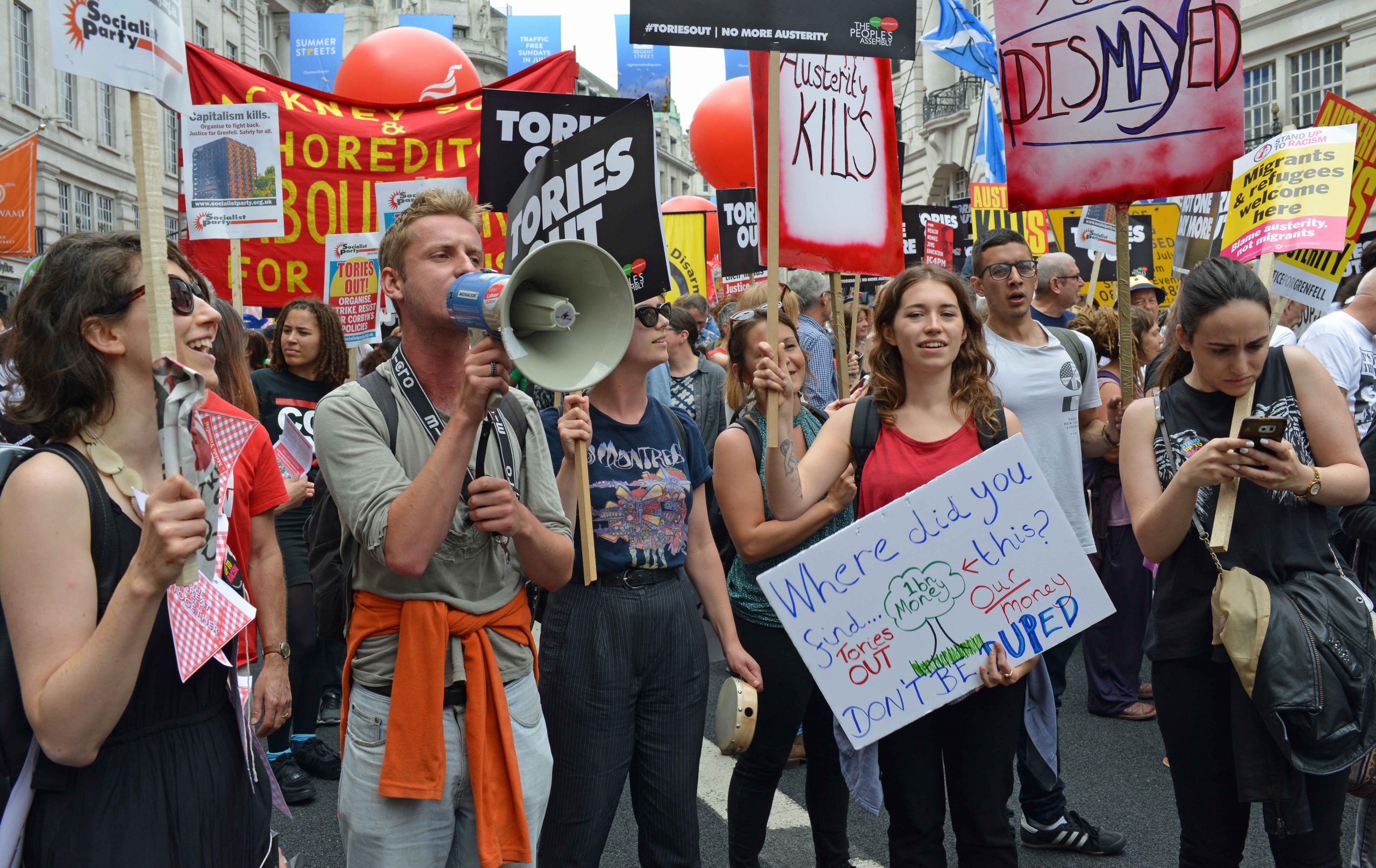Work • Media & Technology
On the Failures of Economic News
In their more serious moods, news organisations tell us they want to explain the world to us. And that often means talking about money.
There’s certainly a lot of information about money in the news: our eyes are regularly directed towards a variety of key indicators on the economic dashboard, including the money supply (M1, M2, MZM), central bank reserves, factory orders, the consumer price index (CPI), building permits, jobless claims, the deficit, the national debt and, most significantly of all, the GDP.

The complexity of the financial machine soon shuts most of us up. Only a tiny percentage of us have any real understanding of the workings of the economic system we exist within. This isn’t a coincidence. We’re badly educated more or less on purpose. It’s a strategy to keep us quiet. Conveniently, most of us will constantly struggle to grasp quite what might be going on within essential terms like arbitrage, Basel 1 and 2, cyclically adjusted current budgets, price/earnings ratios or quantitative easing. As we follow financial events in the news, we ask, in utter confusion: what is the growth rate of money? How do hedge funds operate? What does the LIBOR rate determine? What is liquidity? How does inflation targeting work? How can a government ‘print money’ and what are the long-term consequences? Why are some people rich and others poor?
Those kindly commentators occasionally employed by news organisations to help us with our confusions certainly try hard to offer us explanations, but their explanations have a habit of leaching from our minds just hours after we have heard them. But even if we don’t understand much, sometimes we still wonder whether things are arranged as they should be. Lying awake at night, for instance, some of us may wonder, in a sincere and yet inarticulate way, why it is that the world built by capitalism is not (bathos intended) nicer. Why is there still so much suffering all around? Why do some have so much and others so little? Why are most jobs mindless? Why can’t there be more security and leisure? Why do anxiety and fear persist almost everywhere? Aren’t we destroying the planet for no particular reason or reward? (By this time it may be getting very late, and only a stubborn few will continue to press on..) Couldn’t we start again in some new way, rejig things, perhaps pass some laws and experiment with bold new ideas in order to create a freer, less anxious, happier world?

We are made to understand – in a variety of subtle ways – that these aren’t serious questions (growing up means being made very aware of the dangers of being idealistic or even worse ‘naive’); these are the sorts of questions that fourteen-year-olds write poems about or argue with their parents over. In the morning, we’ll put them firmly away. They don’t belong to the standard narrative of economics in the news. We may blanch to think of what any properly intelligent and sensible person might make of them – someone like, say, the chair of the Federal Reserve, the most powerful economist in the world today.

But our questions only seem immature because we have a false image of maturity. We associate maturity with a sober acceptance of a great many things that we should refuse to accept. Standard economic news is mostly a story of pain, teaching us a lot of complicated but sound reasons why a great many nice things aren’t possible: why we can’t wave a magic wand and make poor countries rich; why competition and therefore anxiety are necessary in a market economy; why total job security makes people lazy; why a country has to reward its winners and punish its losers; why rich people can’t be proportionately taxed; why we can’t all live more simply yet still with dignity; why governments can’t limit the free market in the name of higher values; why inane consumer goods are an indispensable part of a flourishing economy; why it’s good for growth if people don’t generally share and recycle their belongings and why we can’t afford too intense a concern for making the world beautiful and clean.
So we end up with a news agenda dominated by reports of the workings of a highly complicated social science that wrestles with problems of near cosmic scale and incomprehensible difficulty, upon which it periodically delivers pronouncements at once pessimistic and resigned – and on the other hand, we have a host of naive, innocent, impassioned but powerful longings that are carefully concealed and mostly go unmentioned for fear of sacrificing claims to decency and adult seriousness.
Occasionally, the tensions get too much and there are explosions. A group of people collectively declare that they’ve had enough, paint some placards, buy megaphones and take their positions outside the central bank, the fast food concession or the oil company headquarters. A few weeks later, after some moments of exuberance and struggles with heavy-handed police, the makeshift camps are hosed down and the news moves on.

These explosions are undermined by a fatal naivety, that is, by a set of the best possible intentions to improve a problematic situation – combined with a lack of any effective or forensic knowledge about what has caused it in the first place. A complaint that might have occasioned an intricate political argument instead ends up as a primal scream.
The news is partly to blame for this incoherent rage; it is the news that helps to raise audiences that cannot make sense of and feel hopeless about their condition and that are fed a diet of economic analyses that skilfully crushes ambitious considerations of how to create a more equitable world. The protesters rightly recognise that there are things wrong with the economic system – but they find it hard to zero in on the specifics of the difficulties. It would take concentrated periods of guided interrogation and study to understand the mechanics of the financial machine – as well as to lay a skilful finger on the realistic options for its reform. Tantalisingly, there are a great many very sensible options out there – which, non-coincidentally, we never hear about in the news for very long.
Most news is uninclined to provide a proper economic education equipped with a robust political dimension, either because it is itself confused and distracted about, or benefits from, status quo. It isn’t the task or within the power of news to solve all economic conundrums by itself. Its power is more secondary, and yet still it is considerable: the news has the ability to define the agenda, by leading the attention of an audience to what it believes to be the issues of importance and then to deliver an interested and knowledgeable constituency to governments and corporations.
At present, mainstream news organisations chiefly track the day-to-day activities within the economic establishment. They tell us what is going on, but not with any conviction of what might or should happen. In so far as the news creates an agenda, it is a limited one: whether one should intervene to bolster the labour market or not, leave or join the currency union, remain strict about inflation or be less vigilant. The economic ‘debate’ as it is seen through the lens of the news does not stray beyond tightly-defined lines which restrict both an audience’s expectations and its sense of what might be possible. Depart from the agenda (ask about reconceiving what a shareholder is and should be, for example, or question assumptions about growth and well-being), and with bewildering speed, one ends up in territory deemed ‘radical’ and therefore, ridiculous – even if most of what we now take for granted (a minimum wage, child protection, environmental legislation) started off by seeming entirely radical, if not insane, to ‘sensible’ opinion.

A perfect news service would analyse current events, but also convey a bold sense of the economic principles that would ideally underpin society. It would be guided by a sense of where one should be going, operating with an economic utopia in mind, a community both prosperous and civilised, concerned as much with money as with its proper ends: fulfilment, fairness, generosity, beauty and kindness. It would be doctrinaire only about the destination, while remaining empirically flexible about the means of getting there – unlike right and left wing analyses that grow brittle and tiring through their axiomatic support of predictable means.
While continuing its regular routine of analysing derivatives, yield ratios and the state of M2 money supply, economic news should not forget its ultimate responsibility to a larger quest for a world capable of sustaining less anxious and ruinous, more secure and more meaningful working lives.
Such an agenda, however fey it sounds within the context of classical economics, is at this point in our history too significant to be stumblingly raised only in private in the middle of the night or else shouted in a hoarse voice from a megaphone seconds before a police charge.

























